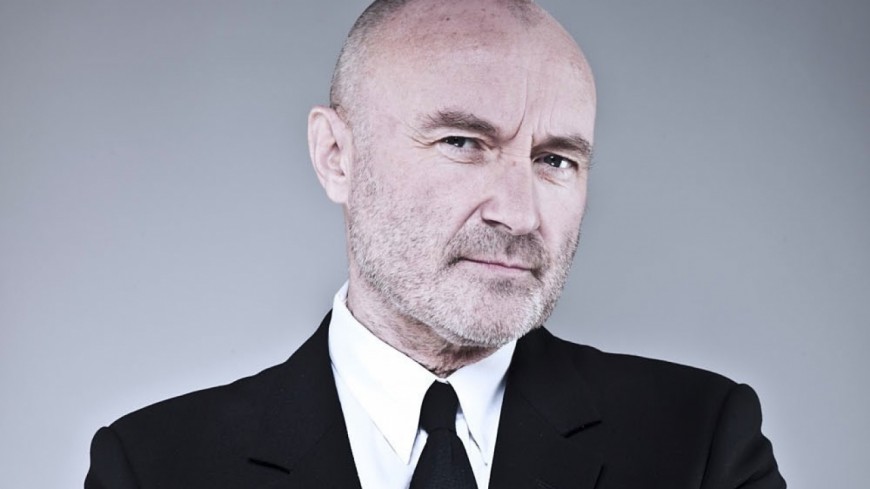
A Quiet Cry for the Invisible, Echoing Through a World Too Loud to Listen
When Phil Collins released “Another Day in Paradise” as the lead single from his 1989 album …But Seriously, it marked a seismic shift—not just in his discography, but in the role mainstream pop could play in addressing social conscience. The song ascended swiftly, securing the number one spot on the Billboard Hot 100 in December 1989 and remaining there for four consecutive weeks. It became Collins’ seventh and final U.S. chart-topper, sealing his place among the decade’s most commercially successful and stylistically versatile artists.
But beneath its commercial triumph lies a quietly devastating core—a meditation on homelessness and human indifference, couched in soft percussion, haunting synthesizers, and Collins’ plaintive voice that barely rises above a whisper of moral reckoning.
“Another Day in Paradise” was born out of Collins’ growing unease with the social disparities he witnessed during the global tours of his earlier success with Genesis and his solo career. The late ’80s were an era when pop music had begun to flirt openly with activism—think U2, Peter Gabriel, or even Live Aid—but Collins approached the subject not with anthemic fervor, but with weary introspection. There is no rallying cry here, no thunderous chorus urging mass movement. Instead, he offers something more subtle—and perhaps more damning: a personal indictment of passive complicity.
The lyrics unfold like a short story, sparse yet vivid. A woman approaches a man on the street—her “blisters on the soles of her feet” speaking volumes before she utters a word. But the man “pretends he can’t hear her,” turning away into the anesthesia of his own comfort. It’s not just a scene—it’s a mirror. By using the second person—”you can see that she’s been crying”—Collins refuses to let the listener retreat into narrative distance. We are not spectators; we are participants.
Musically, the song’s composition echoes its message of quiet despair. The arrangement is subdued but layered: Jeff Beck’s guitar weeps gently beneath Collins’ vocals, while atmospheric keys evoke a landscape both urban and desolate. The production is clean, even glossy—but deliberately so. It’s a contradiction that underscores the song’s central irony: how suffering coexists alongside affluence; how anguish becomes white noise in societies trained to look away.
Critics at the time were divided—some accused Collins of sanctimony or questioned his right to speak on such issues from within his position of privilege. Yet this critique may miss the point. “Another Day in Paradise” doesn’t position itself as an answer; it doesn’t offer solutions. Instead, it invites discomfort—a gentle unease that lingers long after the final note fades.
Over time, that very ambiguity has become part of its legacy. In an era before social media activism or viral outrage cycles, Collins used one of pop music’s most powerful platforms—the Top 40—to hold up a lantern to those lost in society’s shadows. Decades later, its relevance remains tragically intact.
In “Another Day in Paradise,” Phil Collins did what few pop stars dared: he asked us to listen not to him—but to them. And in doing so, he reminded us that compassion begins not in grand gestures, but in the quiet moments when we choose to see—and not turn away.